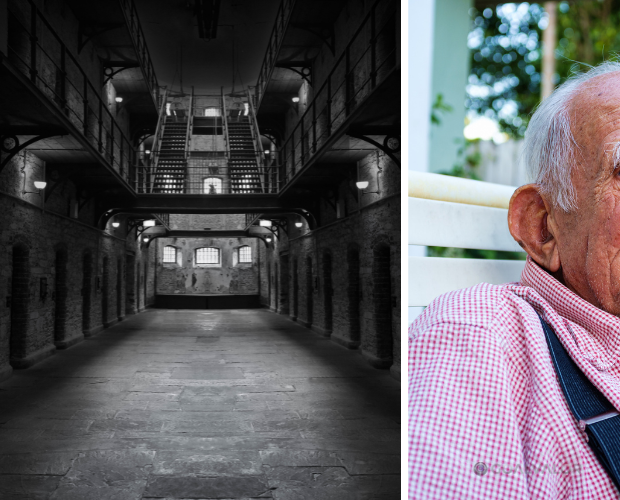Trauma: An Inescapable Part of Life
Trauma is an inevitable reality in life. A single brief exposure to a shocking event can throw a well-functioning person into an abyss of emotional and physical suffering. However, the mystery of why some people manage to climb out of that dark, almost unhealthy abyss, while others sink deeper into the "black hole" of trauma, remains unresolved. Modern psychiatry still knows little about why one individual succumbs helplessly to a traumatic event, while another emerges unscathed or even strengthened. Human reactions to potential threats are so diverse that it is difficult to identify or classify the causes of trauma.
Diversity in Reactions to Trauma
Most people, both the general public and professionals, associate trauma with events such as war, extreme cases of physical, emotional, or sexual abuse, debilitating accidents, or natural disasters. However, many "normal" or seemingly positive events can be equally traumatic. For example, so-called "whiplash" injuries or minor car accidents often produce physical, emotional, and psychological symptoms that disorient and weaken. Common invasive medical procedures and surgeries, especially in children who are frightened and forcibly held during anesthesia, can cause deep traumas.
Impact of Trauma on Children
Children, after these "routine" procedures, often become fearful, hyperactive, excessively dependent, distant, wet the bed, or show instinctive aggression. Sometimes, the effects of such experiences do not manifest for months or even years. They may appear as "psychosomatic" discomforts (such as headaches and stomachaches) or as unexplained states of anxiety or depression.
Understanding Trauma in Daily Life
It is important to recognize that trauma is not limited to extreme events. Experiences that seem minor or routine can have a significant impact on a person's emotional and physical health. The variability in response to trauma is due to a complex interaction of biological, psychological, and social factors. This underscores the need for professional attention that understands and addresses these complexities.
The Need for Professional Care
Due to the complex and often hidden nature of trauma, it is essential to seek the help of trained professionals. Therapists and psychoanalysts can provide the necessary support to understand and process these painful experiences. Through specialized therapeutic techniques, it is possible to work effectively with trauma, allowing individuals to heal and find strength and resilience.
At GoalValor, We Are Here to Help You
At GoalValor, we understand the depth and diversity of traumas people can experience. Our team of professionals is dedicated to providing a safe and supportive environment to explore and heal these traumas. Our therapists and psychoanalysts are highly trained to help you navigate these experiences, offering empathetic, evidence-based guidance.
We invite you to learn more about our Well-being services and take the first step towards a more balanced and healthy life. Trauma may be an inevitable part of life, but with the right support, it is possible to overcome it and find new strength on your path to well-being.









